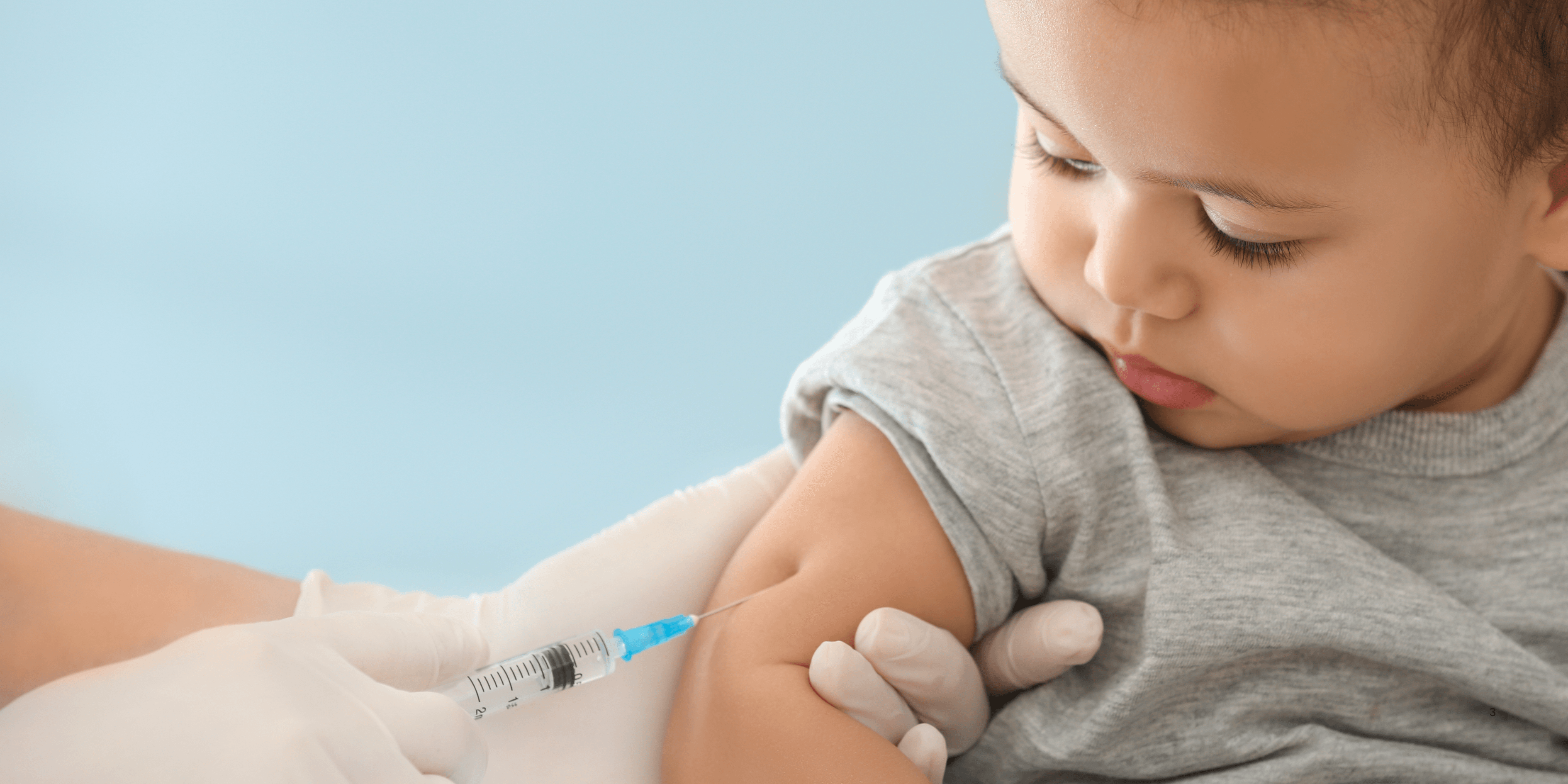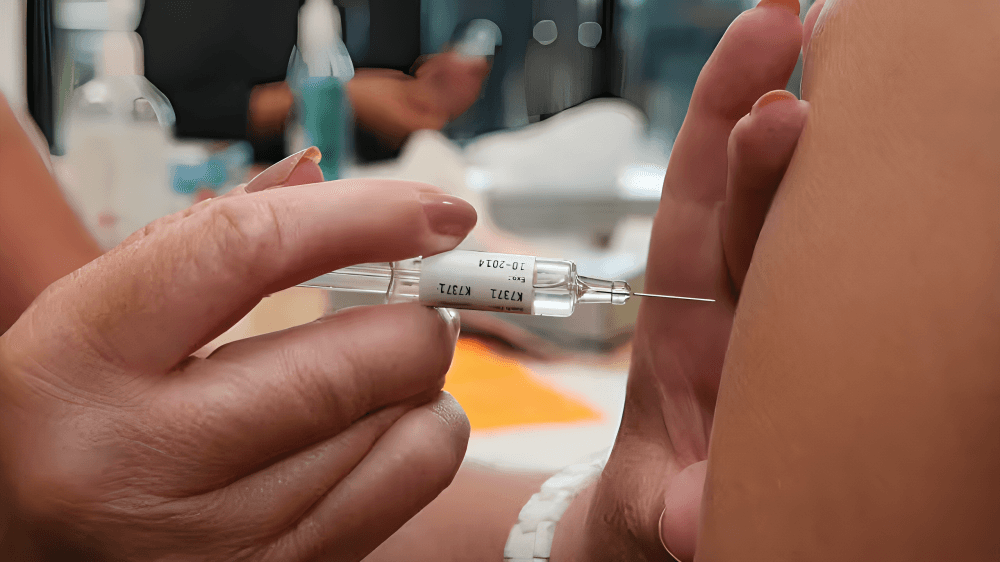
“
Essential vaccinations for children play a crucial role in protecting young lives from serious diseases. These life-saving injections help strengthen the immune system, ensuring children grow up healthy, safe, and prepared against infections. Parents and caregivers must understand the importance of timely vaccinations and how they contribute to long-term wellness and global public health.1
1
”
Hippocrates, known as the father of medicine, believed prevention was better than cure—a belief that resonates today, as childhood vaccinations remain the cornerstone of preventive healthcare for every society. 1
Vaccinations help the child’s immune system recognize and fight deadly bacteria or viruses early in life, preparing the body for future exposure without causing the actual illness itself. 2

The first vaccine a baby typically receives is the Hepatitis B vaccine, often given within 24 hours of birth, guarding against a potentially chronic liver disease transmitted from mother to child.
The DTaP vaccine protects children from three serious illnesses—diphtheria, tetanus, and pertussis—using weakened toxins to train the immune system without causing actual harm from the diseases. 3
Polio vaccination has nearly eradicated a disease that once paralyzed thousands of children yearly; modern oral and injected vaccines are vital for maintaining this global public health achievement. 4
The Hib vaccine shields children from Haemophilus influenzae type b, a bacterium that can cause brain infections like meningitis or potentially fatal throat swelling in infants and toddlers. 5
Pneumococcal vaccines reduce the risk of pneumonia, ear infections, blood infections, and meningitis, which is especially important for babies and children under two who are more vulnerable to severe illness. 6

The influenza vaccine, given yearly, is vital as flu viruses mutate rapidly. It helps children avoid complications like bronchitis, pneumonia, or hospital stays, especially during seasonal outbreaks.
Hepatitis A vaccination protects children from a liver infection usually spread through contaminated food or water. It is crucial for areas with poor sanitation or during local outbreaks. 7
Meningococcal vaccines prevent bacterial meningitis and bloodstream infections, both of which can lead to brain damage, hearing loss, or death, especially in teens and children under five. 8
Rotavirus vaccines are given orally and defend infants from severe diarrhea and dehydration, especially in developing countries where clean water and hospital access are not always available. 9
HPV vaccines are recommended for children aged 9–12 to prevent human papillomavirus infections, which can later cause cervical, throat, or other types of cancer if left unprotected. 10
Newborns and infants rely heavily on immunizations because their immune systems are still developing and cannot fight off severe infections without vaccine-induced protection. 11
Timely vaccination schedules are designed to give maximum protection when children are most vulnerable, with early doses spaced to build up immunity step by step over several months. 12
Immunization not only protects the vaccinated child but also contributes to herd immunity, preventing disease outbreaks in communities and protecting those who cannot be vaccinated for medical reasons. 13

Travel vaccinations like yellow fever or typhoid are essential for families going abroad. These vaccines guard against illnesses not common in the child’s home country but still very dangerous.
Vaccine side effects are usually minor—such as mild fever or soreness at the injection site. Serious side effects are extremely rare and far outweighed by the benefits of disease prevention. 14
Some vaccines are now combined to reduce the number of injections needed—like the MMR or DTaP combo—making the process less stressful for children and simpler for parents to manage. 15
Vaccine hesitancy based on misinformation has led to dangerous disease resurgences. Scientific research confirms vaccines are effective, safe, and essential to reducing child mortality rates globally. 16
As philosopher and physician Avicenna once advocated, healing should begin with knowledge and prevention. Today’s childhood vaccinations are a modern reflection of that timeless truth in public health. 17


